Home>Articles>How Much Does It Cost For Butcher Block Countertops
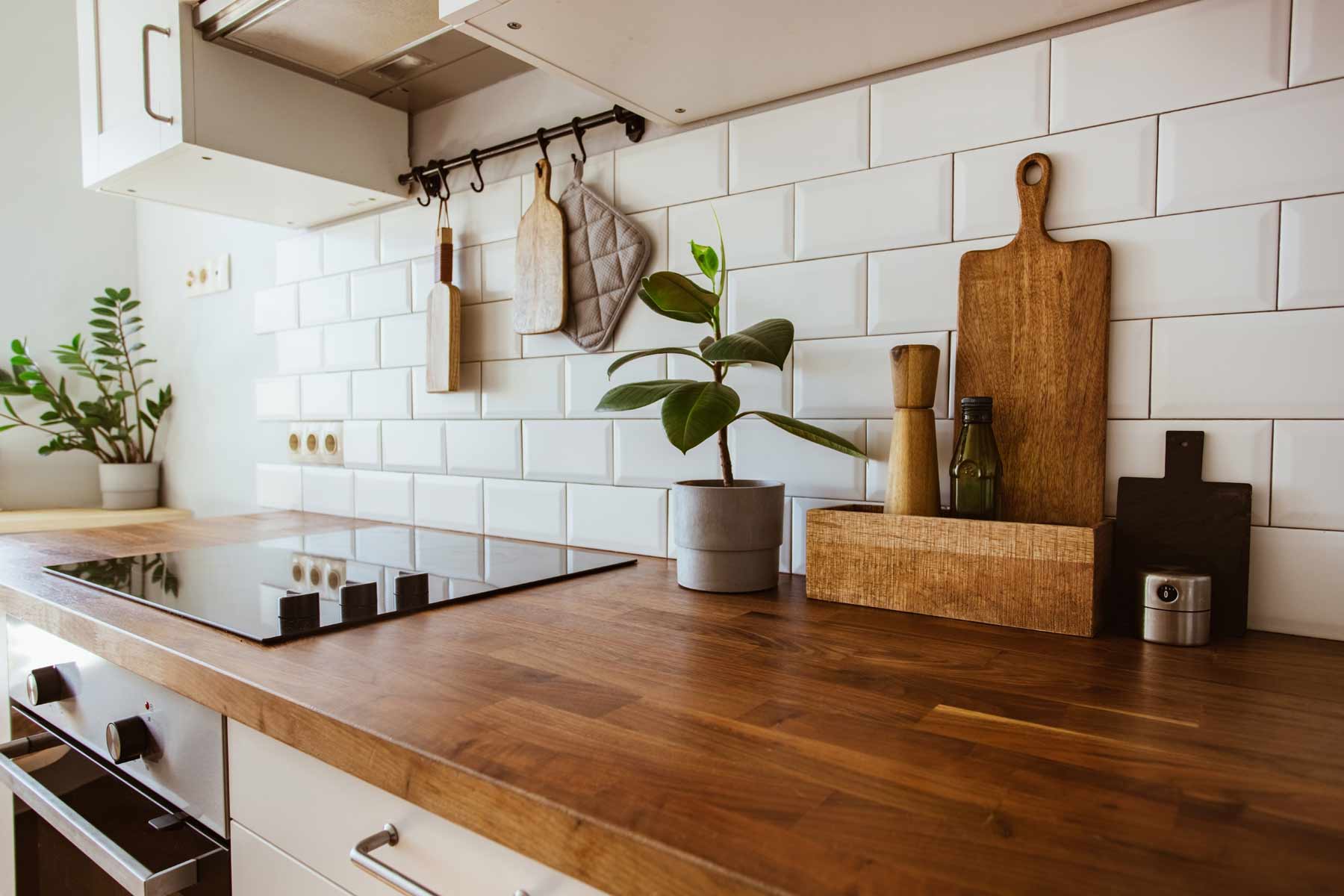

Articles
How Much Does It Cost For Butcher Block Countertops
Modified: February 29, 2024
Looking for information on the cost of butcher block countertops? Read our articles to find out how much you can expect to pay for this popular kitchen upgrade.
(Many of the links in this article redirect to a specific reviewed product. Your purchase of these products through affiliate links helps to generate commission for Storables.com, at no extra cost. Learn more)
Introduction
Welcome to the world of butcher block countertops, where beauty and functionality combine to create a stunning addition to any kitchen. If you’re considering upgrading your countertops, butcher block is a fantastic option that brings warmth, style, and durability to your space.
Butcher block countertops are made from solid wood, typically maple, oak, or walnut, and have become increasingly popular in recent years. Their natural appeal and versatility make them a favorite among homeowners and designers alike.
However, before embarking on your butcher block countertop journey, it’s important to understand the factors that affect their cost. From the type of wood to the size and installation details, several elements contribute to the overall price of butcher block countertops.
In this article, we will dive into the various factors that impact the cost of butcher block countertops, explore different types of butcher block materials, and provide valuable tips on how to save money without compromising on quality. Whether you’re a seasoned chef or just love spending time in your kitchen, this guide will help you make an informed decision about the cost of butcher block countertops.
Key Takeaways:
- Butcher block countertops offer natural beauty and durability, with costs ranging from $45 to $150 per square foot. Consider wood type, thickness, and money-saving tips to stay within budget.
- Factors like wood type, size, and location impact the cost of butcher block countertops. Explore different construction types and consider additional expenses for a comprehensive budget.
Read more: How To Do Butcher Block Countertops
Factors Affecting the Cost of Butcher Block Countertops
When it comes to the cost of butcher block countertops, several factors come into play. Understanding these elements will help you determine the best options for your budget and needs. Let’s take a closer look at the main factors that influence the cost:
- Wood Type: The type of wood you choose for your butcher block countertops significantly affects the price. Maple, oak, and walnut are the most popular choices, with each offering its unique charm and characteristics. Maple tends to be the most affordable option, while walnut is typically the most expensive due to its rich color and luxurious grain.
- Thickness: The thickness of the butcher block countertop can impact the cost. Thicker countertops require more wood and are generally pricier than thinner ones. Standard thicknesses range from 1.5 inches to 2.5 inches, and the choice depends on your preferences and budget.
- Size and Shape: The size and shape of your countertop also play a role in determining the cost. Larger countertops require more material and labor, making them more expensive. Similarly, complex shapes or custom designs may incur additional charges due to the extra effort and precision required during manufacturing.
- Construction and Finish: The way the butcher block countertop is constructed and finished impacts the cost. Countertops made from individual wooden strips glued together (edge grain) are generally more affordable than those made from thick, solid wood pieces (end grain). Additionally, the type of finish you choose, such as oil or varnish, can affect the price.
- Location and Labor Costs: Location plays a part in the cost of materials and labor. Prices can vary depending on where you live, as local availability and transportation costs can influence the overall expense. Additionally, the complexity of the installation and the expertise required may affect labor costs.
By considering these factors, you can better assess the cost of your butcher block countertops and make informed decisions that align with your budget and design goals. Remember, it’s essential to strike a balance between quality and affordability to ensure you’re investing in a durable and visually appealing addition to your kitchen.
Types of Butcher Block Countertops
Butcher block countertops come in a variety of types, each with its own unique characteristics and aesthetic appeal. Understanding the different options available will help you select the perfect one for your kitchen. Let’s explore the various types of butcher block countertops:
- Edge Grain: Edge grain butcher block countertops are the most common and budget-friendly option. They are made by gluing together long strips of wood, with the edges facing up. This construction method creates a beautiful linear pattern that showcases the natural grain of the wood.
- End Grain: End grain countertops are considered the crème de la crème of butcher block options. They are made by piecing together small wooden blocks, with the ends facing up. This construction not only creates a stunning checkerboard pattern but also provides superior durability and resistance to knife marks. However, end grain countertops are typically more expensive due to the intricate craftsmanship required.
- Mixed Grain: Mixed grain countertops combine the best of both worlds. They are made by incorporating sections of both edge grain and end grain wood, resulting in a visually captivating and unique pattern. Mixed grain countertops offer a balance between durability, aesthetics, and price.
- Finger Joint: Finger joint butcher block countertops are a cost-effective option that utilizes shorter pieces of wood joined together using finger-like interlocking joints. This construction method allows manufacturers to use smaller, lower-grade pieces of wood while still creating a sturdy and visually appealing countertop.
- Distressed: Distressed butcher block countertops add a rustic and aged look to your kitchen. These countertops undergo a special treatment process, such as hand-scraping or wire-brushing, to create intentional imperfections and character. Distressed countertops bring a unique charm and can be a focal point in your kitchen design.
Each type of butcher block countertop has its own merits and can enhance the overall look and functionality of your kitchen. Consider your budget, style preferences, and desired durability when choosing the right type for your needs. Remember to prioritize quality craftsmanship and choose a reputable supplier to ensure you’re investing in a durable and visually stunning countertop.
Average Cost of Butcher Block Countertops
The cost of butcher block countertops can vary depending on several factors, including the type of wood, thickness, size, and location. While it’s difficult to provide an exact price, we can give you a rough estimate of the average cost to help you with your budgeting. Keep in mind that these figures are subject to change and may vary based on your specific requirements and location.
Generally, the average cost of butcher block countertops ranges from $45 to $150 per square foot. This price includes both materials and installation. However, it’s important to note that thicker countertops, custom designs, and premium wood species like walnut can drive up the cost.
For a more detailed breakdown, consider the following average cost ranges based on the type of wood:
- Maple: Maple butcher block countertops are usually the most affordable option, with prices ranging from $45 to $85 per square foot.
- Oak: Oak countertops fall in the mid-range, with prices typically ranging from $75 to $110 per square foot.
- Walnut: Walnut is the most expensive wood species for butcher block countertops. Prices can range from $100 to $150 per square foot.
It’s worth noting that these prices are for standard-sized countertops with a thickness of 1.5 to 2.5 inches. Additional costs may apply for larger sizes, custom shapes or designs, and specialty finishes.
Keep in mind that the cost of installation is typically included in the total price. However, if you choose to install the countertops yourself, you can save on labor costs. Just make sure to have the necessary tools and woodworking skills to ensure a proper and secure installation.
When budgeting for your butcher block countertops, it’s essential to consider the long-term investment. While the upfront cost may be higher compared to other countertop materials, such as laminate or quartz, butcher block offers durability and timeless appeal. Proper maintenance and regular sealing can prolong its lifespan and ensure that you enjoy its beauty for years to come.
Ultimately, the cost of butcher block countertops will depend on your specific choices and requirements. It’s advisable to consult with a reputable supplier or contractor to get accurate pricing and explore different options that fit within your budget.
Additional Costs to Consider
When budgeting for butcher block countertops, it’s important to factor in additional costs that may arise throughout the process. While the main expense lies in the purchase and installation of the countertops themselves, there are a few other considerations to keep in mind. Let’s explore some of the additional costs you may encounter:
- Sink Cutouts: If you plan to have a sink installed in your butcher block countertop, you may need to account for the cost of sink cutouts. Sink cutouts involve precise measurements and cuts to accommodate the size and shape of your chosen sink. This can incur an additional cost for the labor and expertise required.
- Edge Profiles: Butcher block countertops offer various edge profiles to choose from, such as square, beveled, or bullnose. Customizing the edge profile may increase the overall cost of your countertops. Consider the style you desire and the additional expense it may incur.
- Finishing and Sealing: Proper finishing and sealing are essential to protect your butcher block countertops from stains, moisture, and daily wear and tear. While some pre-finished countertops may be available, you may need to invest in finishing products or hire a professional to ensure a proper seal. This can add to the overall cost but is crucial in prolonging the life and appearance of your countertops.
- Delivery and Transportation: If you’re purchasing your butcher block countertops from a supplier or online retailer, be sure to include the cost of delivery and transportation in your budget. The weight and size of the countertops will determine the shipping charges, which can vary depending on your location and the distance the countertops need to be transported.
- Installation: While the cost of installation is typically included in the total price of the countertops, it’s worth considering if you plan to hire a professional for the installation. Hiring an experienced installer ensures proper fitting, sealing, and a seamless finish. However, if you have the necessary skills and tools, you may choose to install the countertops yourself and save on installation costs.
It’s essential to take these additional costs into account when budgeting for your butcher block countertops. By carefully considering all associated expenses, you can ensure that you have a realistic and comprehensive understanding of the total cost of your project. This will allow you to make informed decisions and avoid any unexpected financial surprises.
When budgeting for butcher block countertops, consider the cost of the wood, installation, and any additional finishes or treatments. Prices can vary based on the type of wood and the size of the countertop. Be sure to get quotes from multiple suppliers to find the best deal.
Read more: How To Sand Butcher Block Countertops
Pros and Cons of Butcher Block Countertops
Butcher block countertops have gained popularity for their unique blend of beauty, functionality, and natural appeal. However, like any material, they come with their own set of pros and cons. Understanding these advantages and disadvantages will help you determine if butcher block is the right choice for your kitchen. Let’s explore the pros and cons:
Pros:
- Natural Beauty: Butcher block countertops add warmth and natural beauty to your kitchen. The rich tones and unique grain patterns of wood create a timeless and inviting look that fits well with various design styles.
- Durability: When properly cared for, butcher block countertops can withstand daily use and remain durable for years. They are resistant to scratches and can be easily restored by sanding out any imperfections.
- Knife-Friendly Surface: Butcher block countertops offer a forgiving surface for cutting, chopping, and food preparation. The wood’s natural resilience helps protect your knives’ edges, reducing the need for frequent sharpening.
- Heat Resistance: Wood has natural insulating properties, making butcher block countertops more heat-resistant than other materials. You can place hot pots and pans directly on the surface without fear of damage.
- Easy to Maintain: Routine maintenance for butcher block countertops involves regular cleaning with mild soap and water, followed by occasional oiling or sealing to keep the wood hydrated and protected. This simple maintenance routine helps preserve their beauty and longevity.
Cons:
- Prone to Water Damage: While butcher block countertops are resistant to moisture, excessive exposure to water can lead to warping, staining, or mold growth. It’s important to wipe up spills promptly and avoid leaving standing water on the surface.
- Requires Regular Sealing: To maintain the integrity of butcher block countertops, regular sealing is necessary. This helps prevent water absorption and stains. Sealing frequency will depend on the wood species and usage, requiring some level of ongoing maintenance.
- Susceptible to Scratches: Although butcher block countertops can be sanded to remove scratches, they are prone to showing signs of wear over time. Using cutting boards and avoiding cutting directly on the surface can help minimize scratches.
- Wood Movement: Wood is a natural material that expands and contracts with changes in humidity and temperature. This can lead to slight movement and possible cracks in the countertops over time. Proper installation and regular maintenance can help minimize this issue.
- Requires Regular Oil Application: Depending on the usage and wood species, you may need to periodically oil your butcher block countertops to maintain their luster and prevent drying out. This additional maintenance step should be factored into your upkeep routine.
By weighing the pros and cons, you can determine if butcher block countertops align with your lifestyle and priorities. While they offer a natural and warm aesthetic, durability, and ease of use, they do require regular maintenance and care to keep them looking their best.
Tips for Saving Money on Butcher Block Countertops
Investing in butcher block countertops doesn’t have to break the bank. With some smart planning and considerations, you can save money while enjoying the beauty and functionality of these natural wood surfaces. Here are some tips to help you save money on butcher block countertops:
- Choose an Affordable Wood Species: The type of wood you choose can greatly impact the cost of your countertops. Opting for a more affordable wood species like maple can help you stay within your budget while still enjoying the benefits of butcher block.
- Consider Thinner Countertop Thickness: Thicker countertops require more wood, which can increase the cost. Choosing a slightly thinner thickness, such as 1.5 inches instead of 2 inches, can save you money without compromising on quality.
- Shop for Deals and Discounts: Keep an eye out for sales, promotions, or discounts from suppliers or manufacturers. Shopping during seasonal sales or taking advantage of clearance or closeout deals can significantly reduce the cost of your butcher block countertops.
- Opt for Pre-Fabricated Countertops: Prefabricated butcher block countertops are pre-cut and finished, which can save on both material and labor costs. While they may have standard dimensions, these countertops can still be a cost-effective and convenient option.
- DIY Installation: If you have some woodworking skills and the necessary tools, consider installing the countertops yourself. This can eliminate the cost of professional installation and save you a significant amount of money. Just be sure to research and prepare adequately before undertaking this DIY project.
- Consider a Butcher Block Island: If you’re looking to add the natural warmth of butcher block to your kitchen without breaking the bank, consider installing a butcher block island instead of covering all your countertops. This way, you can enjoy the beauty and functionality of butcher block on a smaller scale, reducing the overall cost.
- Go for Simple Edge Profiles: Elaborate and custom edge profiles can add to the cost of your countertops. Opting for a simpler edge profile, such as square or beveled, can help keep expenses down while still providing a clean and attractive finish.
- Reclaim or Repurpose Wood: Another cost-saving option is to consider reclaiming or repurposing wood for your butcher block countertops. This could involve using salvaged wood from old furniture or repurposing materials from other renovation projects. Not only can this be budget-friendly, but it also adds a unique and environmentally friendly touch to your kitchen design.
Remember, while saving money is important, it’s equally crucial to ensure the quality and durability of your butcher block countertops. Always prioritize purchasing from reputable suppliers and craftsmen who offer high-quality materials and reliable products.
By following these money-saving tips and exploring different options, you can enjoy the beauty and functionality of butcher block countertops within your budget. With proper care and maintenance, your butcher block countertops will continue to be a stunning and long-lasting centerpiece in your kitchen.
Read more: How Durable Is Butcher Block Countertops
Conclusion
Butcher block countertops offer a beautiful and versatile option for upgrading your kitchen. Their natural appeal, durability, and knife-friendly surface make them a popular choice among homeowners. However, it’s important to consider the factors that affect their cost before making a decision.
Factors such as wood type, thickness, size, and location can all impact the price of butcher block countertops. Understanding these elements will help you make informed choices and stay within your budget. Additionally, considering different types of butcher block construction, such as edge grain or end grain, can provide you with various design options.
While the average cost of butcher block countertops ranges from $45 to $150 per square foot, it’s crucial to remember the additional costs that may arise, such as sink cutouts, edge profiles, finishing and sealing, delivery, and installation. Planning for these costs in advance will help you create a more accurate budget.
Despite the challenges, there are ways to save money on butcher block countertops. Opting for an affordable wood species, choosing a thinner countertop thickness, shopping for deals and discounts, considering pre-fabricated options, and even DIY installation are just a few strategies you can employ to stay within your budget.
Before making a final decision, be sure to weigh the pros and cons of butcher block countertops. While they offer natural beauty, durability, and a knife-friendly surface, they do require regular maintenance and can be susceptible to water damage and scratches.
In conclusion, butcher block countertops can be a stunning addition to any kitchen, providing a warm and inviting aesthetic. By considering the cost factors, exploring different options, and implementing money-saving strategies, you can enjoy the benefits of butcher block without overspending. Just remember to prioritize quality, maintenance, and choosing a reputable supplier to ensure you’re investing in a long-lasting and visually appealing countertop that will enhance your kitchen for years to come.
Frequently Asked Questions about How Much Does It Cost For Butcher Block Countertops
Was this page helpful?
At Storables.com, we guarantee accurate and reliable information. Our content, validated by Expert Board Contributors, is crafted following stringent Editorial Policies. We're committed to providing you with well-researched, expert-backed insights for all your informational needs.
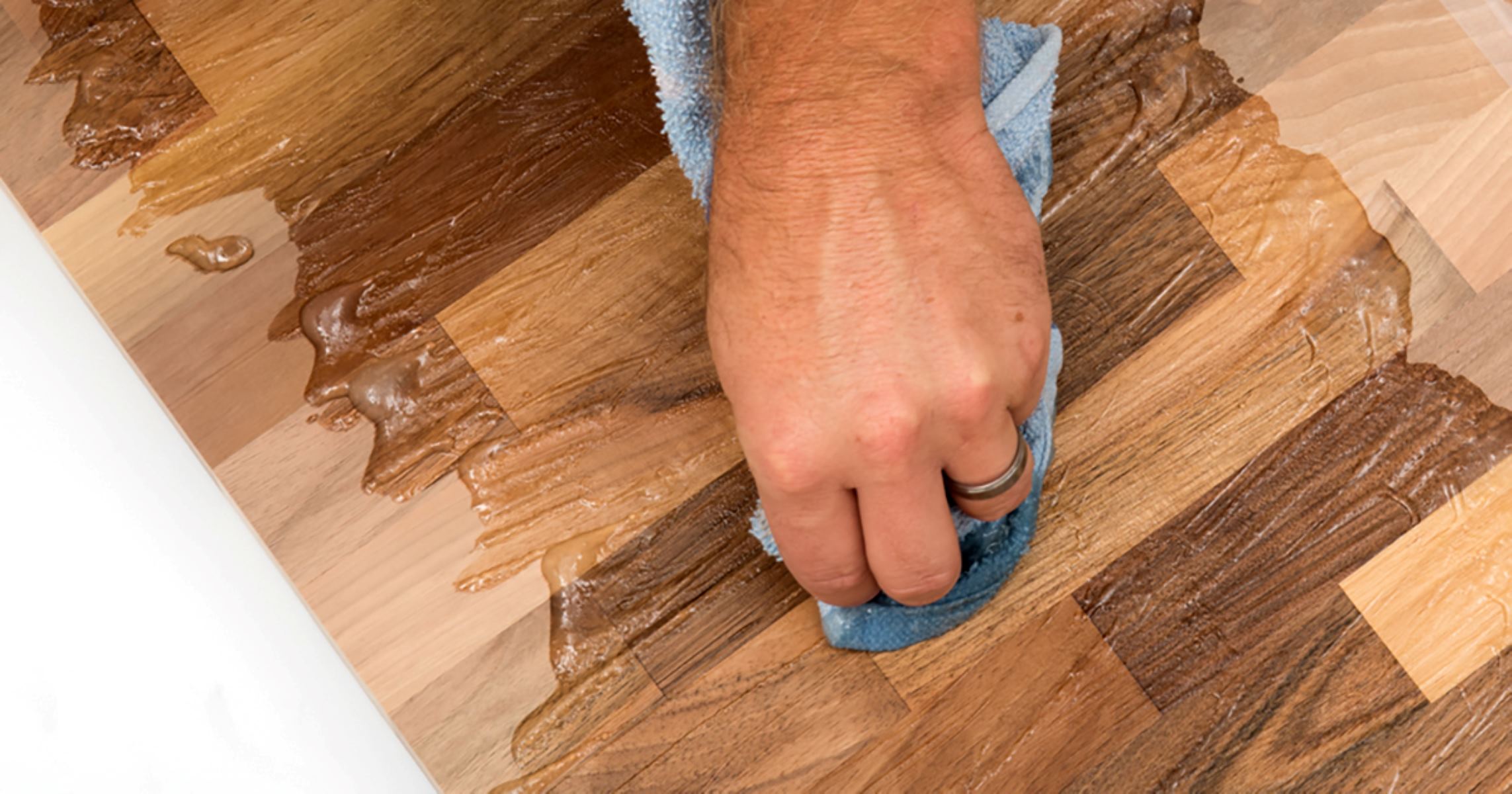
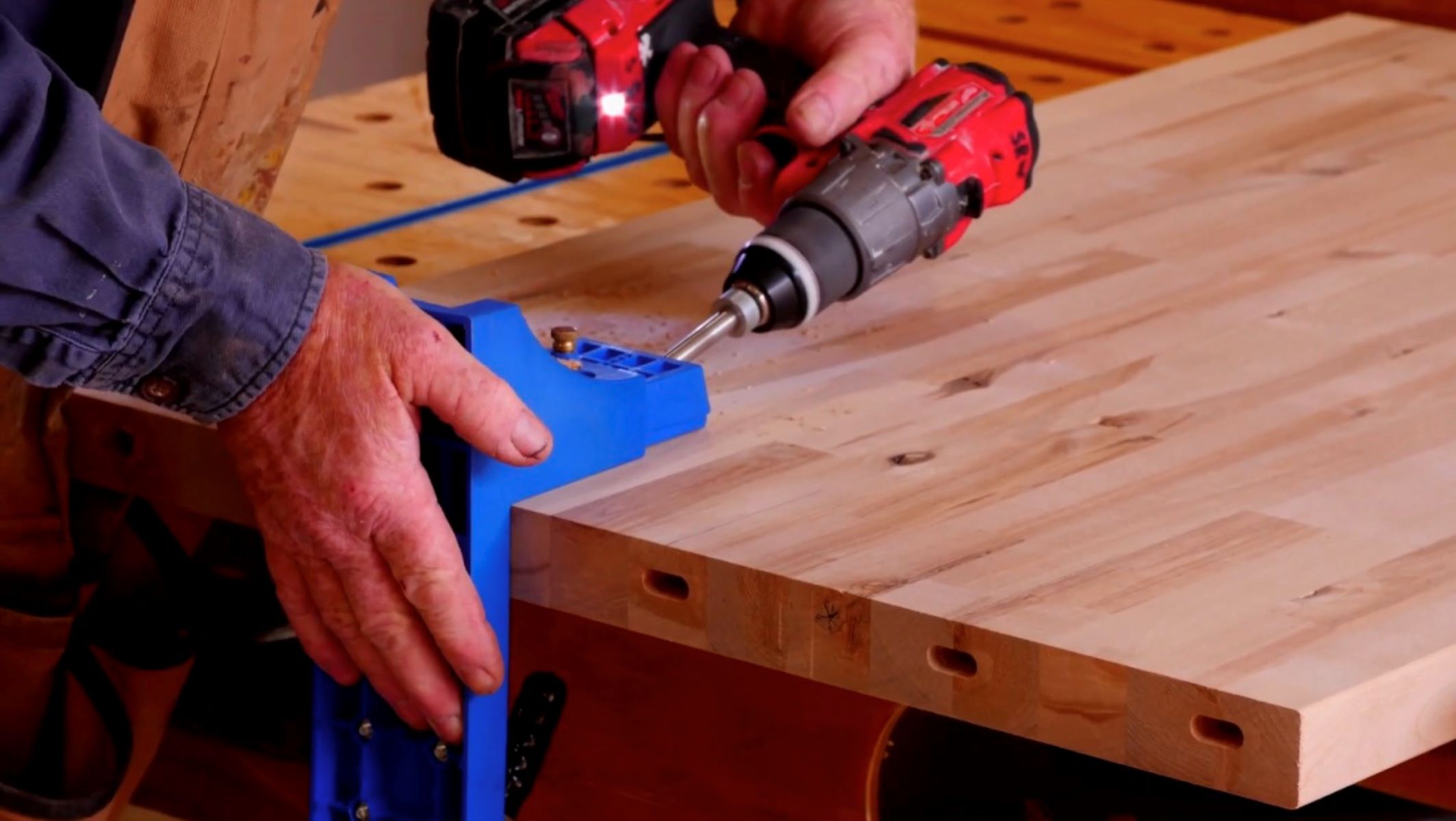
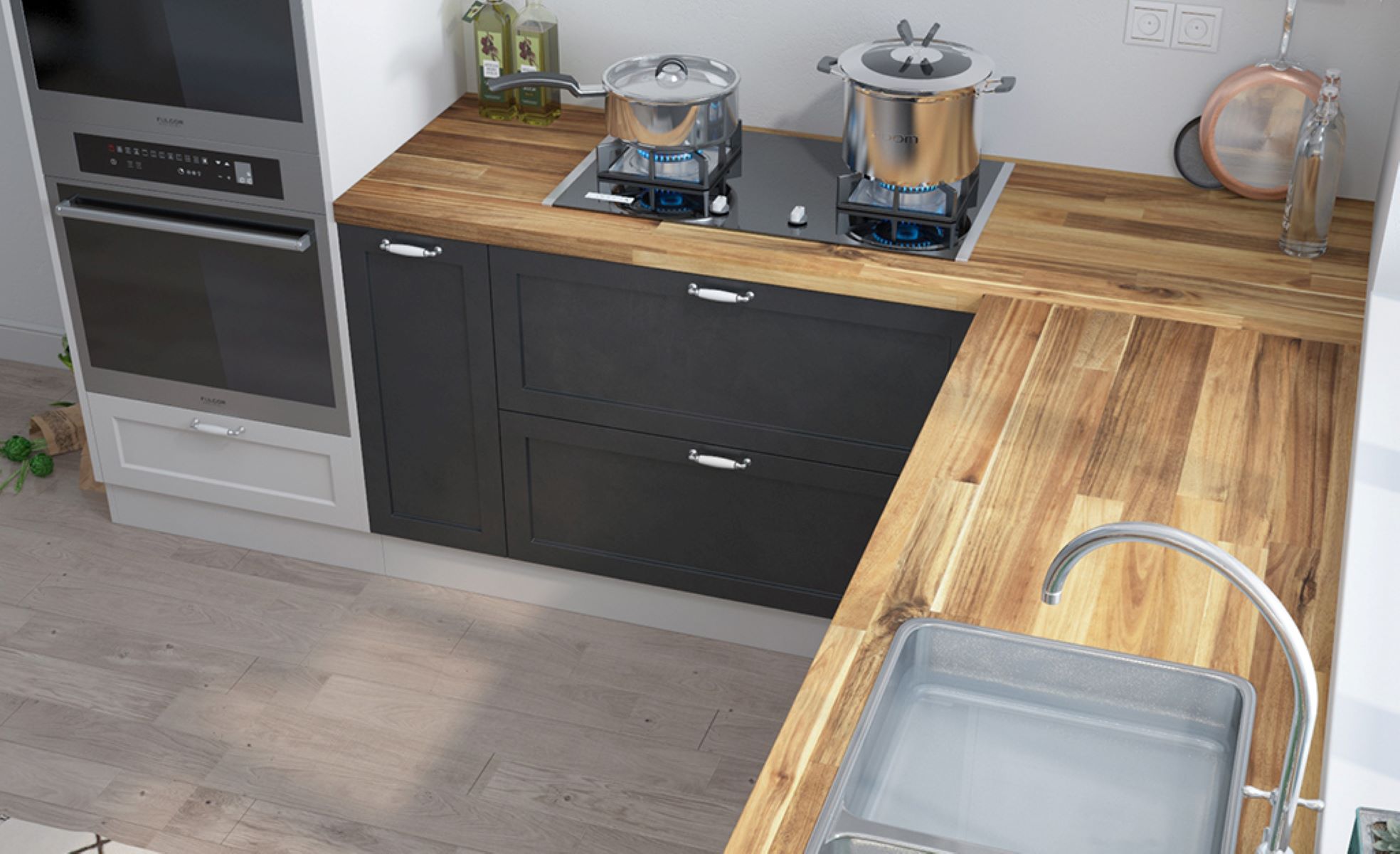
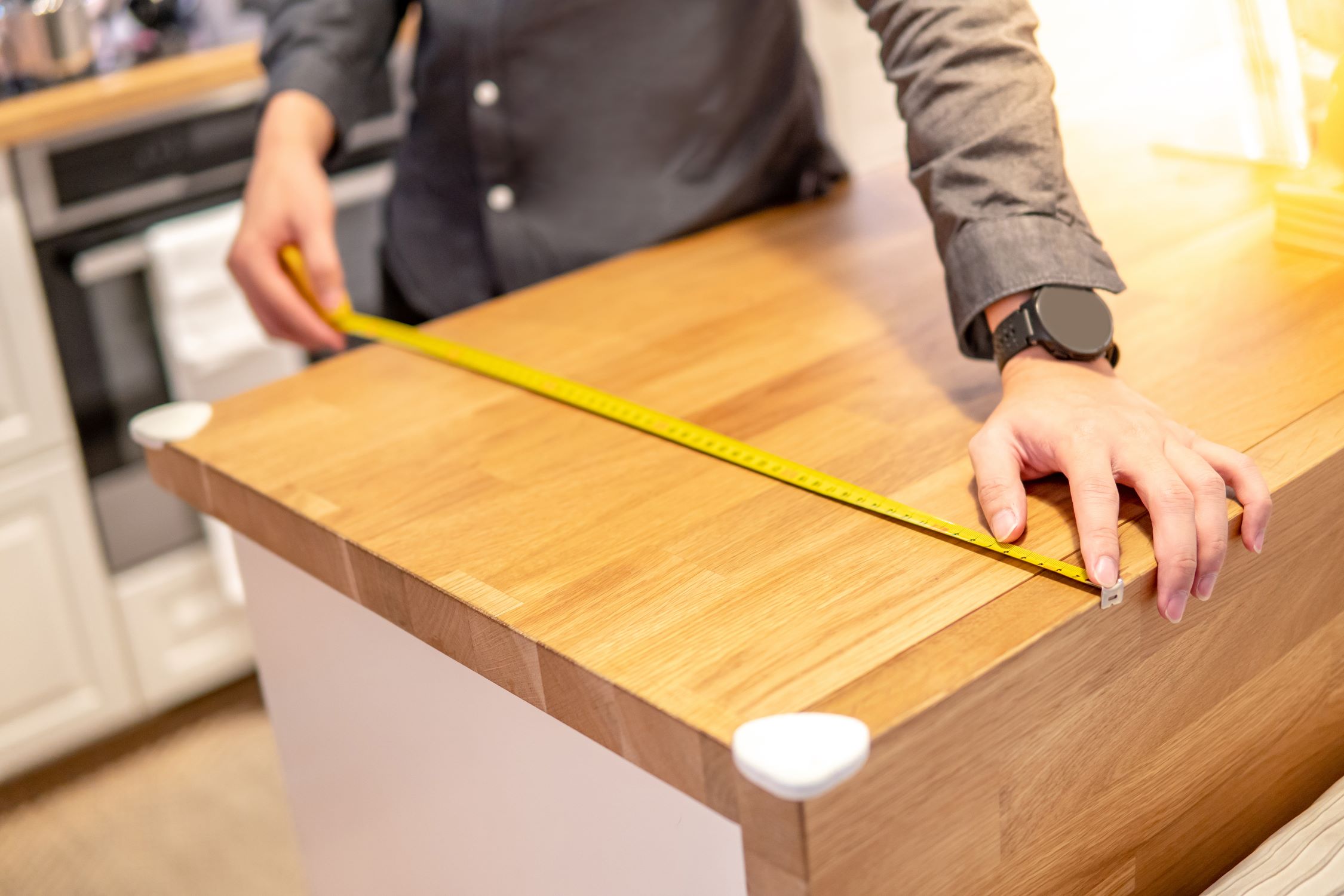
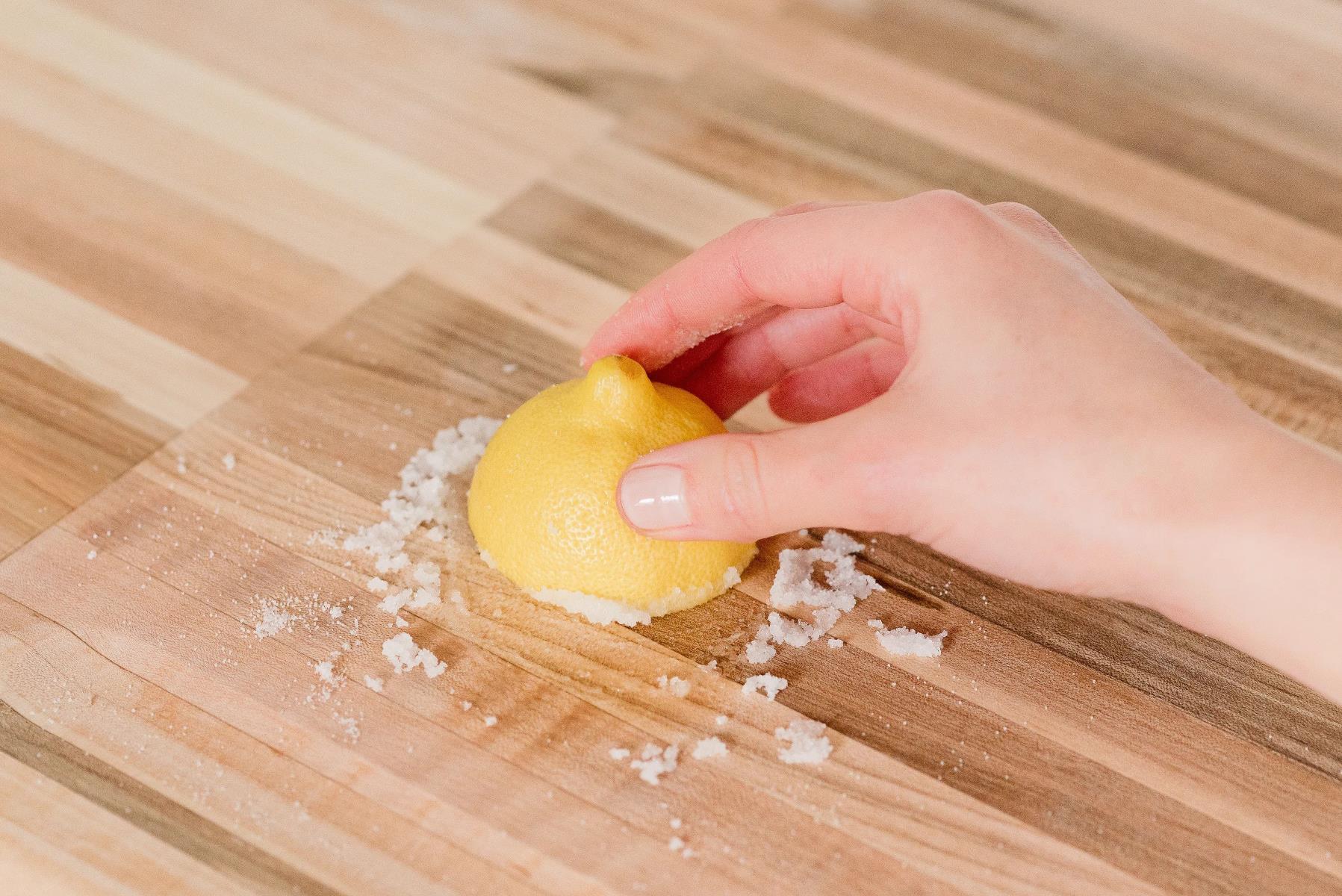
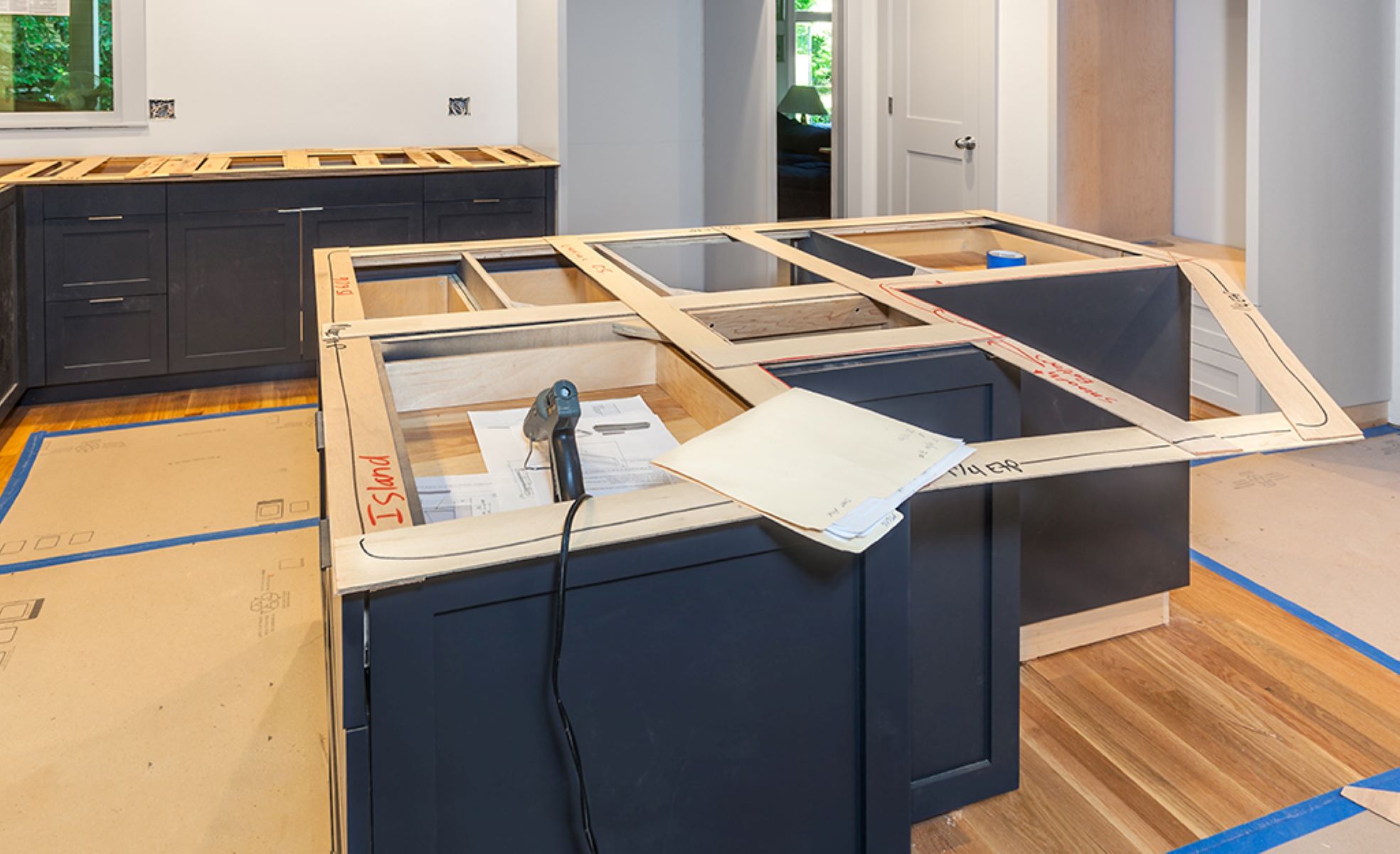
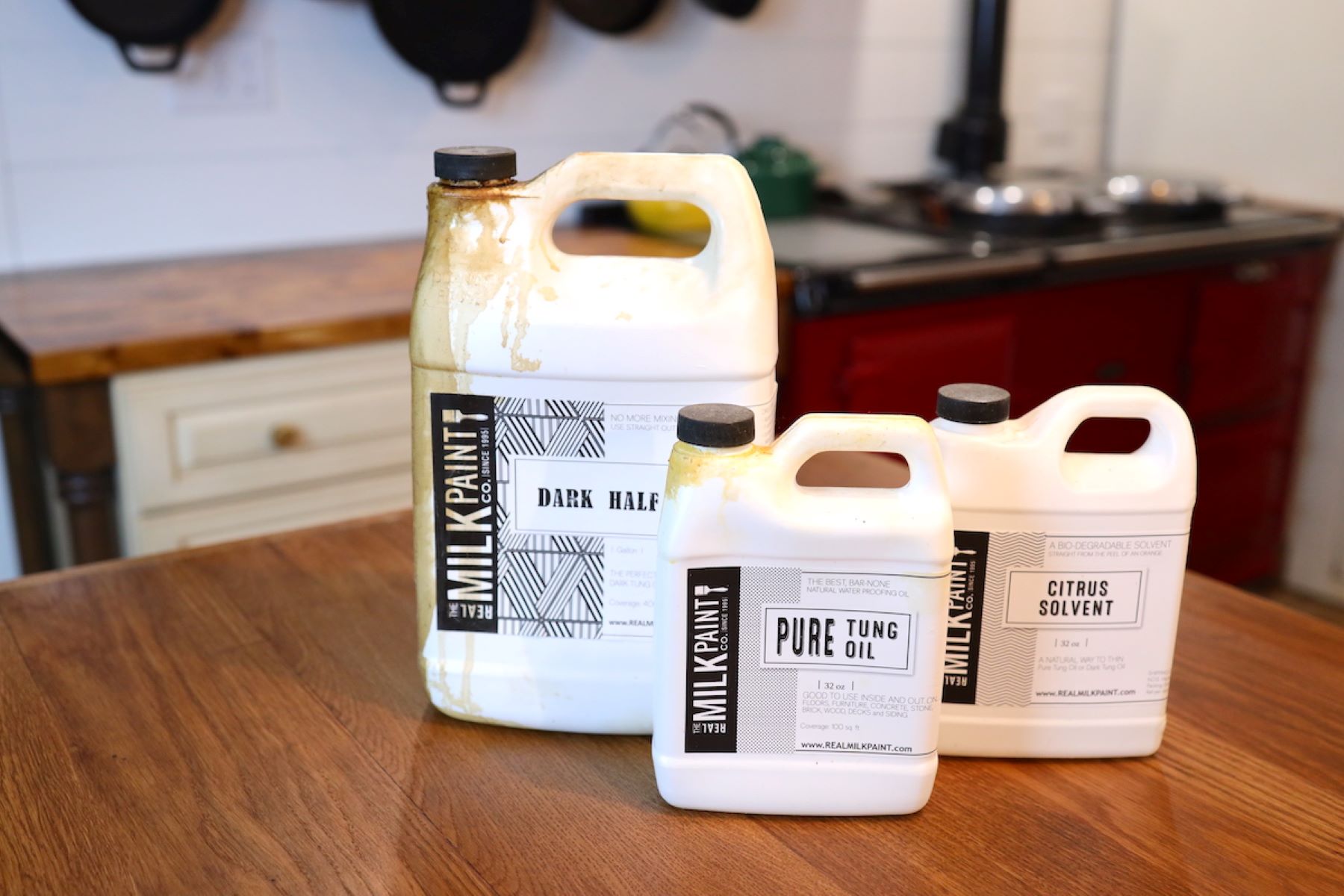
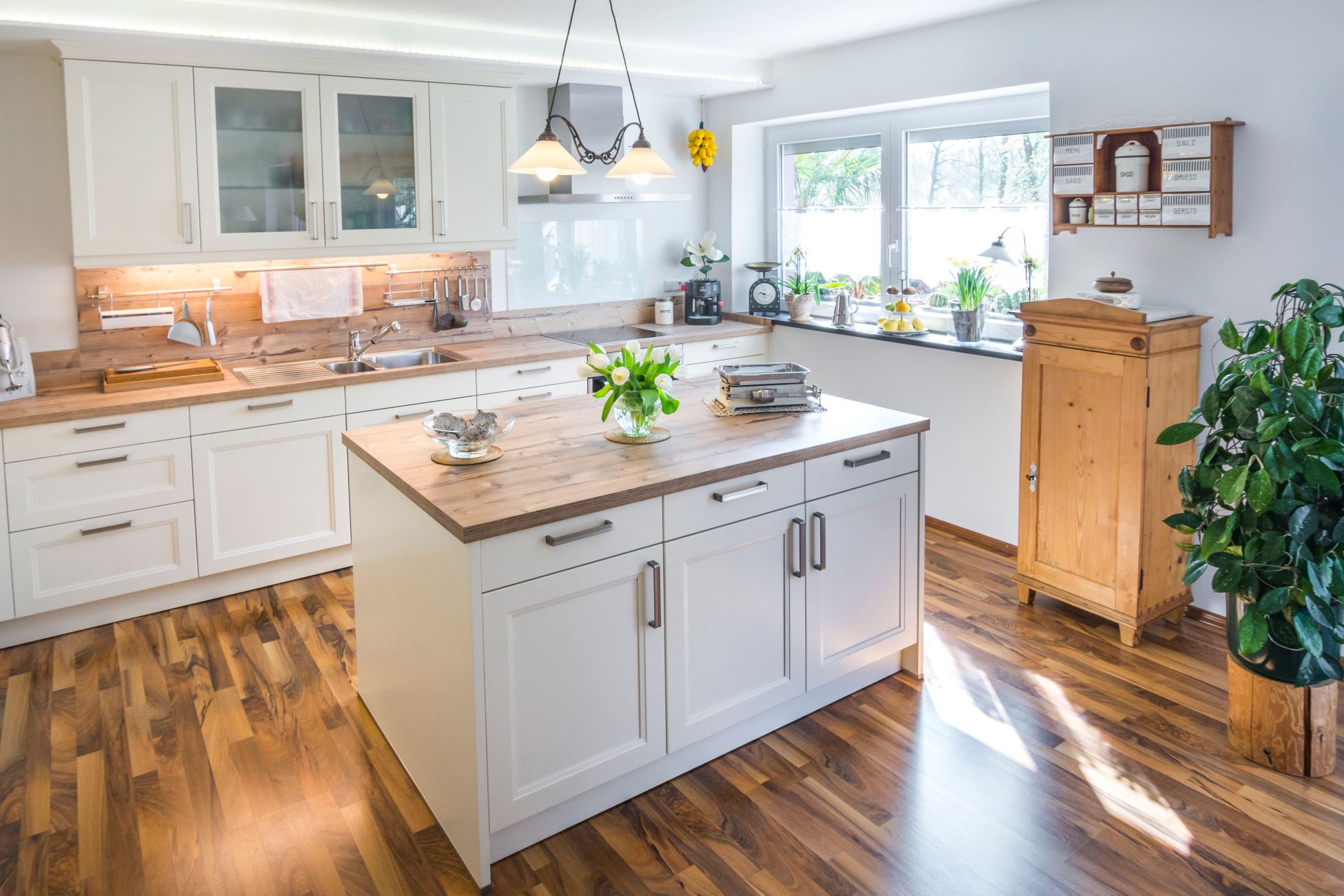
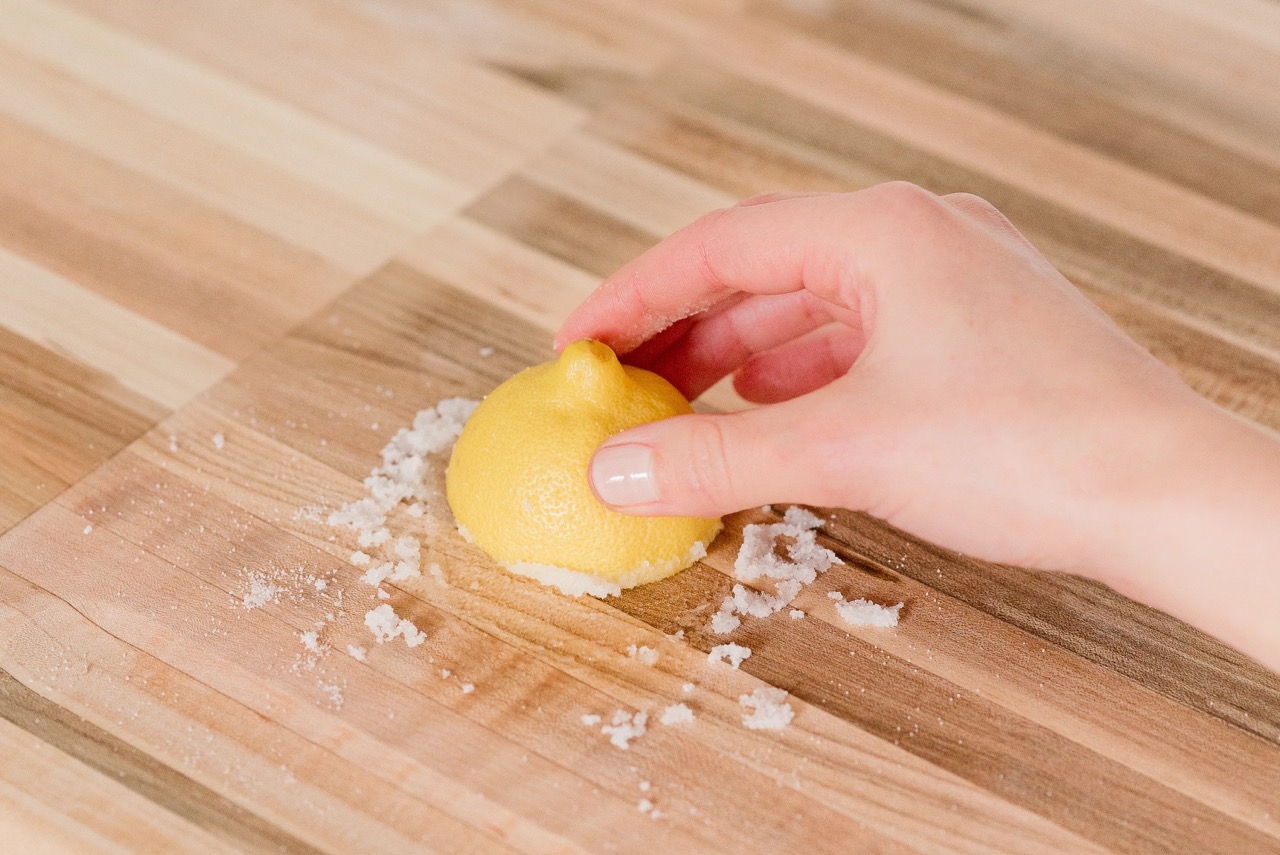
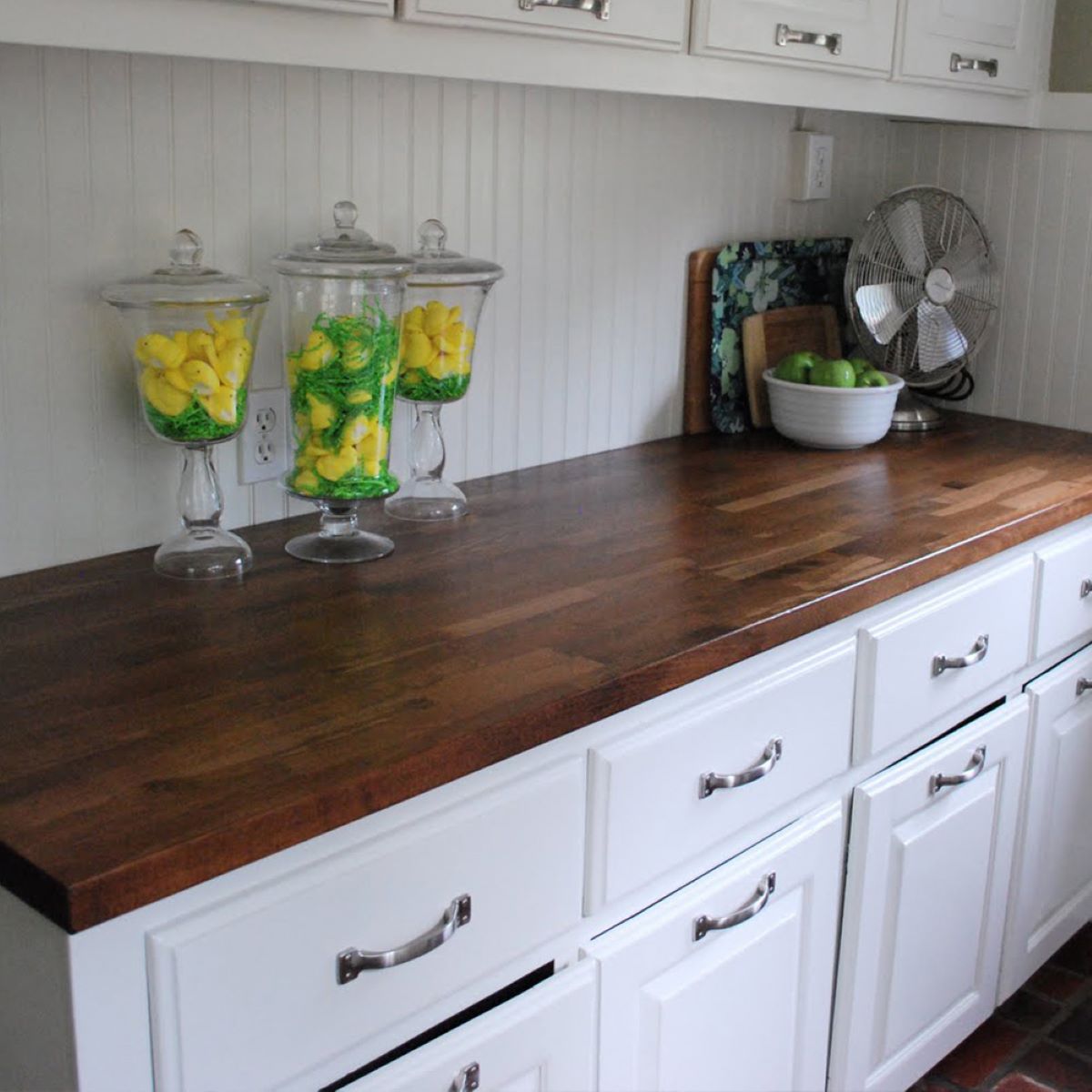
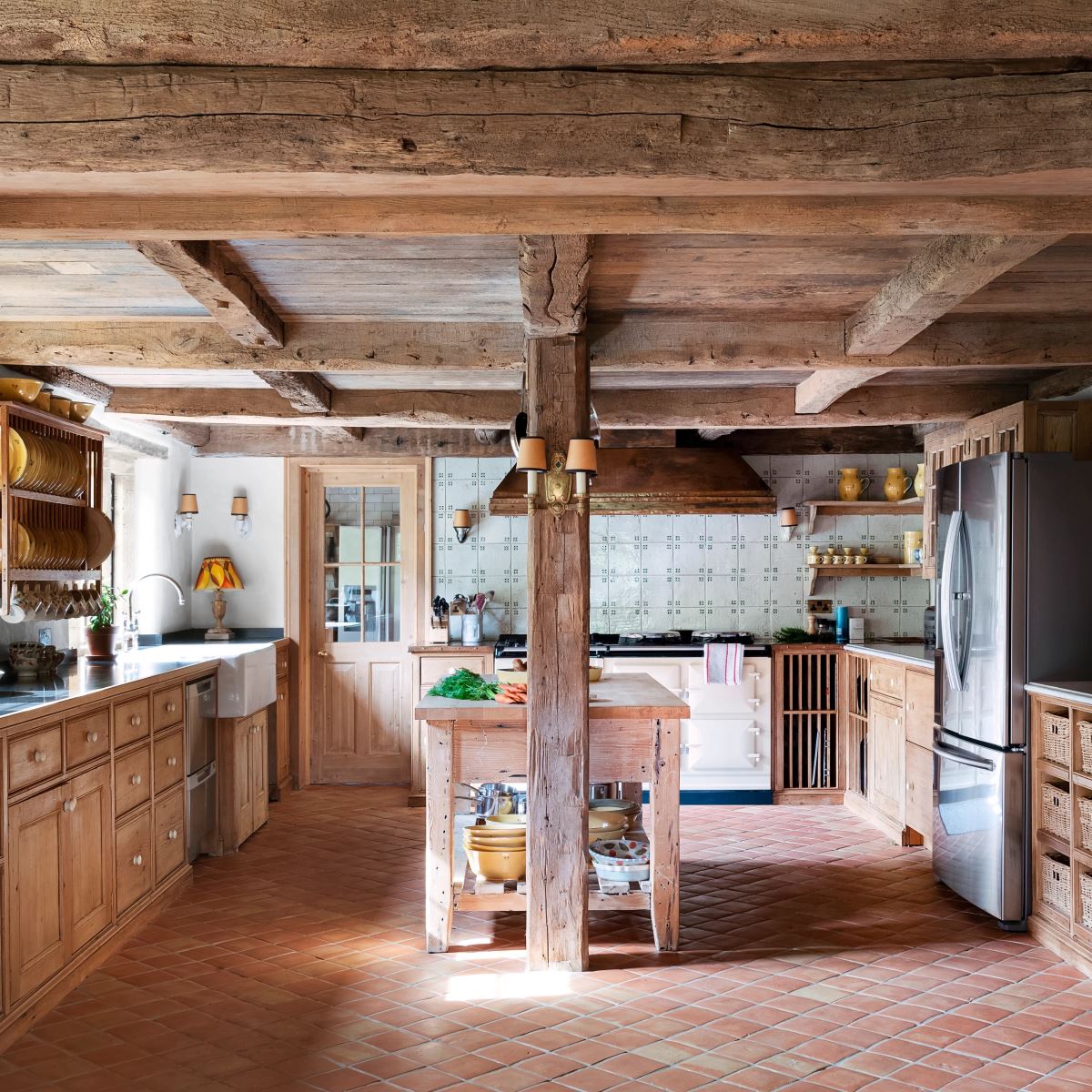
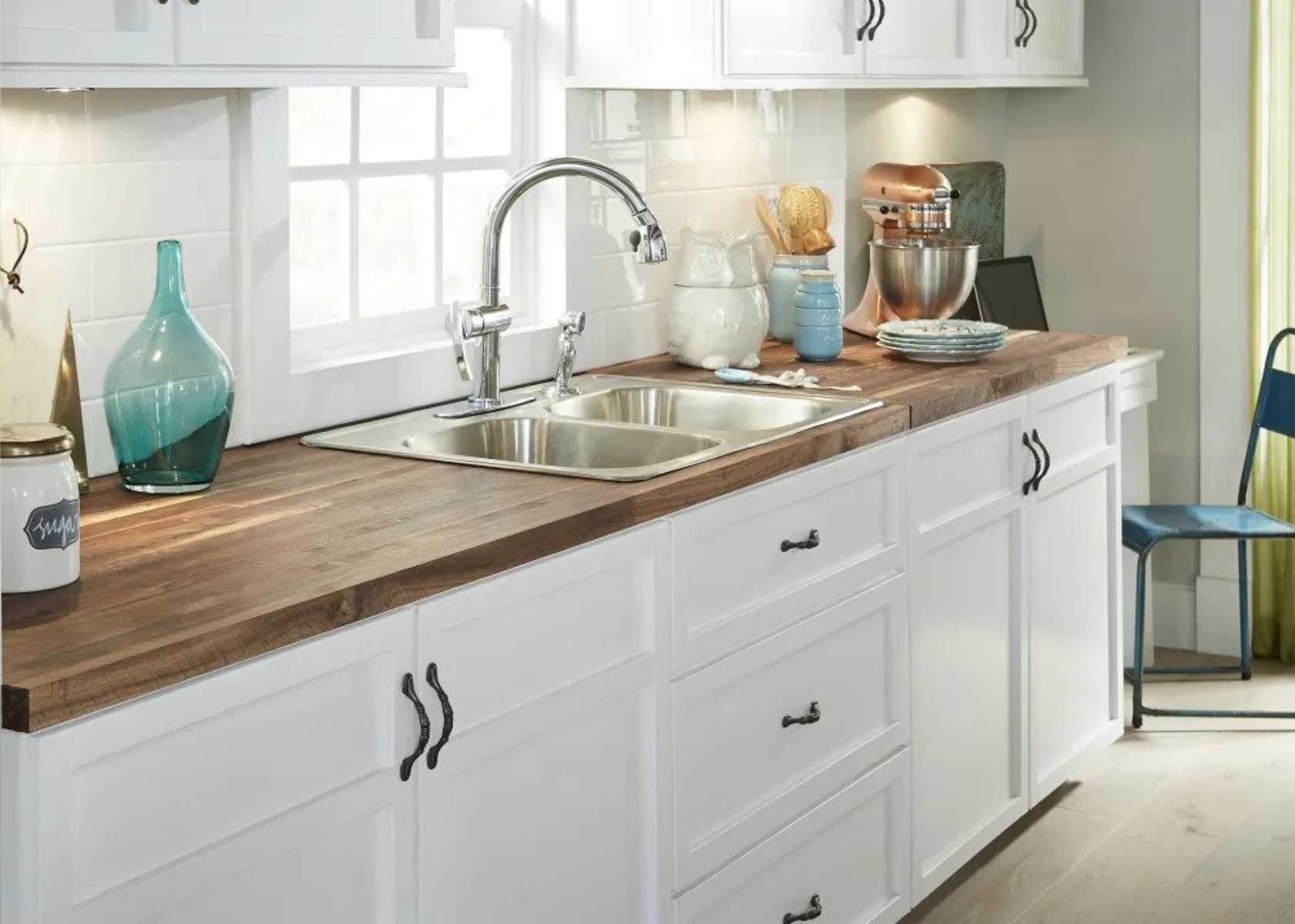
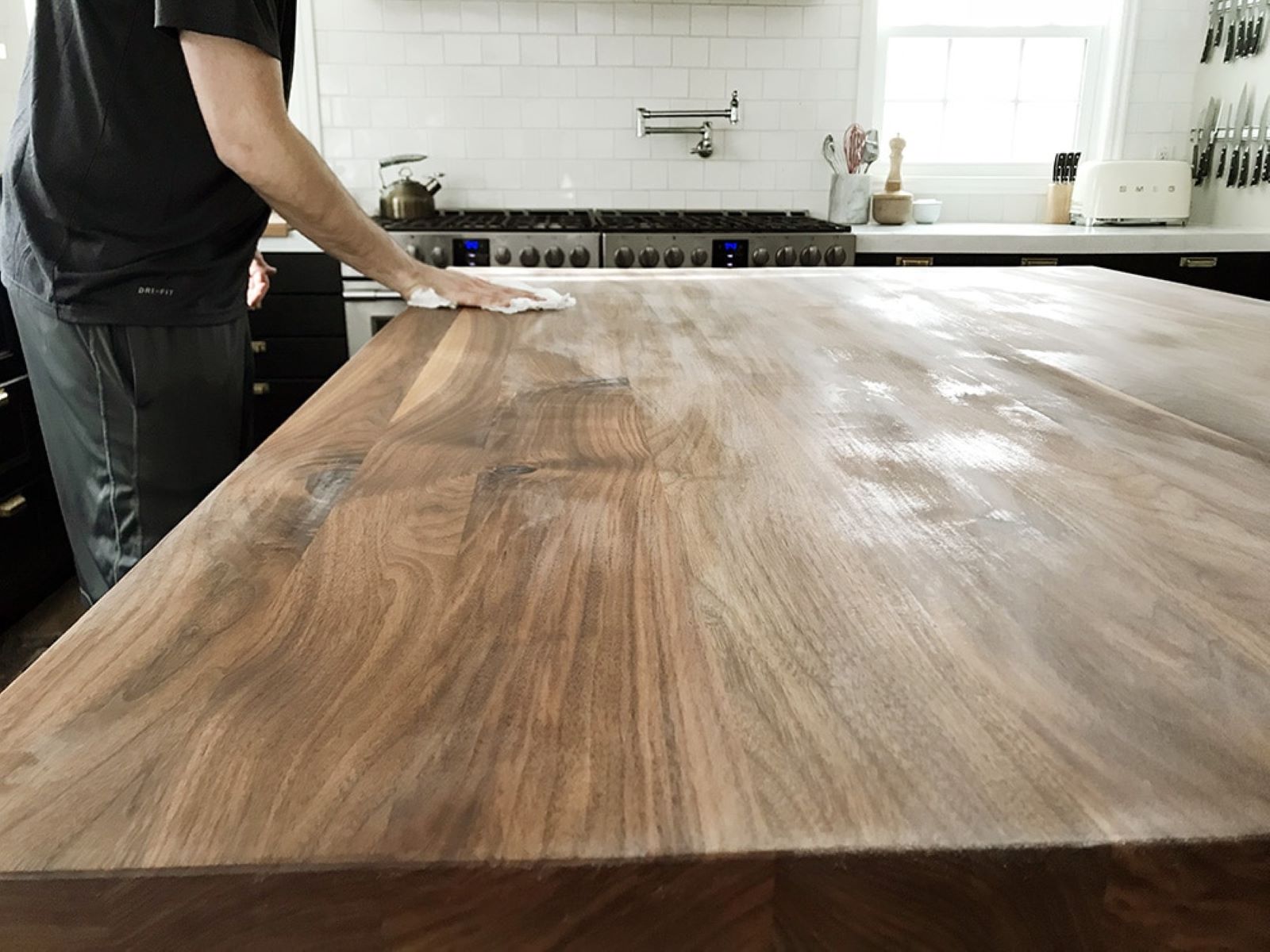

0 thoughts on “How Much Does It Cost For Butcher Block Countertops”